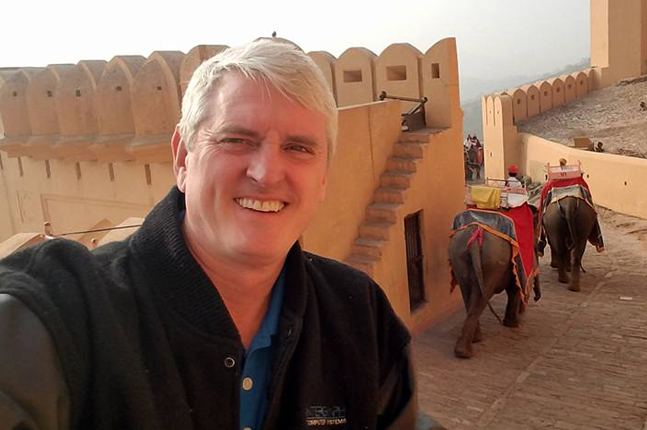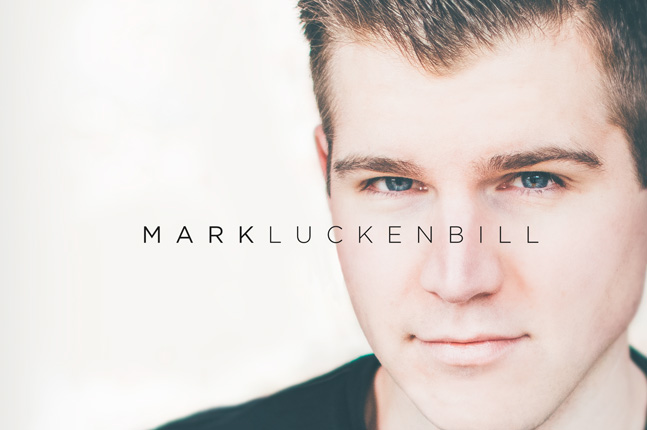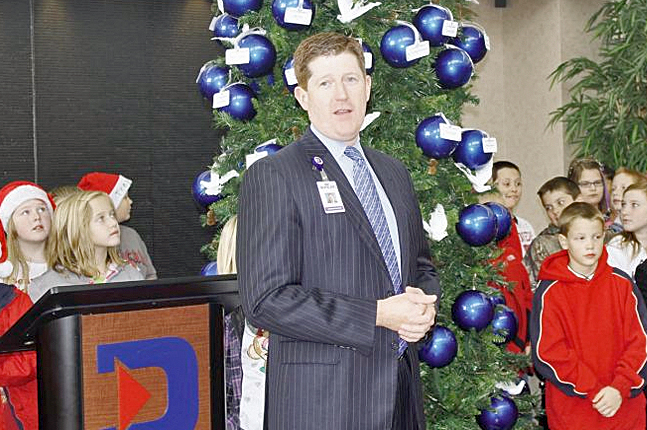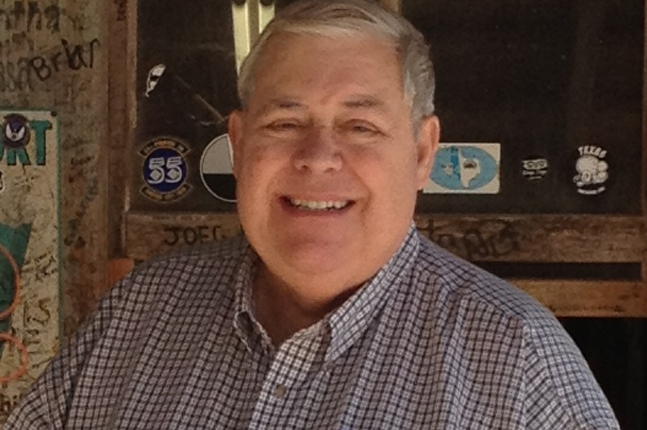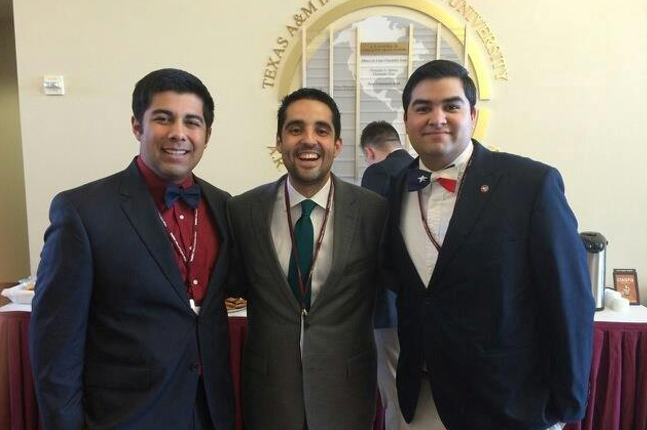In January 2018, Walter Hughes, Jr. participated in a mission to India through Rotary International to help fight and eliminate polio. This is not his first effort through Rotary to impact the lives of people around the world.
Since the early 2000s, Hughes has led over 25 missions to Ghana in West Africa digging wells in remote villages bringing fresh water to the people in an effort to eradicate the grizzly, parasitic Guinea Worm Disease and Burundi Ulcer.
In 2013, Walter Hughes was honored as a White House Champion of Change for his humanitarian work.
Hughes began his career as a programmer analyst for Mobile Oil Co. Later he was Strategic Category Manager – Technology Products at America Online (AOL). He is a former pastor at New Hope United Methodist Church in Rocky Mount, Virginia.
As a missionary, Walter Hughes has changed the lives of thousands in West Africa.
What follows is a citation paragraph and a blog essay written by Hughes in 2013 posted on the White House website.
Walter Hughes passionately provides clean water to over 250,000 people in communities with the highest incidence of Guinea worm disease in Ghana and South Sudan. He leads a partnership of eighty Rotary Clubs in Switzerland, Ghana, South Sudan, eighteen U.S. states and two Canadian provinces, along with churches. The end of Guinea worm disease in Ghana was celebrated in 2011 due in part to the clean water projects. Now, he wants to fight the disease in South Sudan by obtaining funding for two new Rotary Foundation grants totaling $300,000 of $1.2 million raised since 2006. He is excited about the five new wells for South Sudan which is the start to wiping out the remaining 452 cases in the world. He is an independent missionary and evangelist who shares of the love of Jesus Christ.
I am honored to be a White House Champion of Change. I’m accepting on behalf of Rotarians and friends from a team of over eighty Rotary clubs in the U.S., Canada, Switzerland, Ghana and South Sudan. We are celebrating the end of Guinea worm disease in Ghana in West Africa. It all started with a dream, and I feel grateful to have witnessed lives transformed around the world.
I’m passionate about bringing clean water because of three priceless moments. The first starts when the people see the drill rig hit water. The cheers erupt when the water flows! The second moment comes when people throughout the village bring their buckets after the pump is installed. Everyone is silent and finally cheers erupt when the water pours out. Seeing the smiling faces of the men, women, and children make for a lifetime of unforgettable memories. The third priceless moment takes longer to notice because it happens quietly over time. It is the moment when children are healthy because they have safe water to drink. We do this work for the kids who will grow up not knowing Guinea worm disease.
By expanding access to clean water, children are less at risk of being crippled by polio. Rotary’s polio eradication efforts gave credibility to our team who partnered in the effort to eradicate Guinea worm disease which is transmitted by dirty water. The three-foot long parasite grows in the body for one year and feels like a hot iron hit the skin when it emerges. Adults can’t work and children can’t go to school when they are sick.
South Sudan has 96% of the victims of Guinea worm disease. Our dream now is to get rid of the disease in South Sudan, too. In October 2012, I traveled to South Sudan to build and encourage the team needed to finish Guinea worm eradication. It is led by the South Sudan Guinea Worm Eradication Program. The team is complete with non-profit organizations, developmental partners, faith based organizations, churches like Catholic Relief Services and Redwood United Methodist Church, medical professionals, the Rotary Foundation and finally Rotarians. The Carter Center helps to fund water filters, education, medical care and mobilizing community health workers. Water is the missing piece of the puzzle.
Our plan is to repeat the success of Ghana by drilling wells in the remote Eastern Equatoria State where the majority of the people suffering from this disease live. We can eradicate this disease if we put wells in the places where the greatest number of people is sick. We’ve drilled five wells in South Sudan so far this year and helped to give 250,000 people water to drink since we started!
I am a missionary who lives in America, but is always dreaming of ways to change the world. I share my faith by giving hope through action. We drilled a well in a village called Do Meabra in Ghana which means “You’ve got to love me to come this far to see me!” Love is a big reason why I go so far to serve. In February 2013, Christians and Muslims in the Upper East Region of Ghana were working together to dig wells for their communities with tribal and civil unrest. I thanked them for clearing the land, hauling sand, cooking food for the workers and fetching water for concrete so we could dig more wells. I told them that people of all faiths were working together to fund their wells. I prayed, “I am thankful that every drink of water from their wells would be a drink of peace.
It is time to dream big! Service is a journey that is worth taking. My appeal to you is to believe that when someone asks you “How can we change the world?” don’t think that there is nothing that you can do. We can change the world one person at a time and one drink of water at a time. An amazing team of people came together in Ghana to eradicate Guinea worm disease. We are transforming people’s lives with neglected tropical diseases like Guinea worm and Buruli Ulcer. We will be able to tell our families that we were involved with Rotary when we celebrated the end of polio and Guinea worm disease from the world. We can change the world when one person is united with others in a common purpose. If we can imagine and think we can, one day we can say we changed the world. Come join us! The journey is worth it.
Walter Hughes, Jr. leads a partnership of eighty Rotary Clubs in Switzerland, Ghana, South Sudan, eighteen U.S. states and two Canadian provinces.

